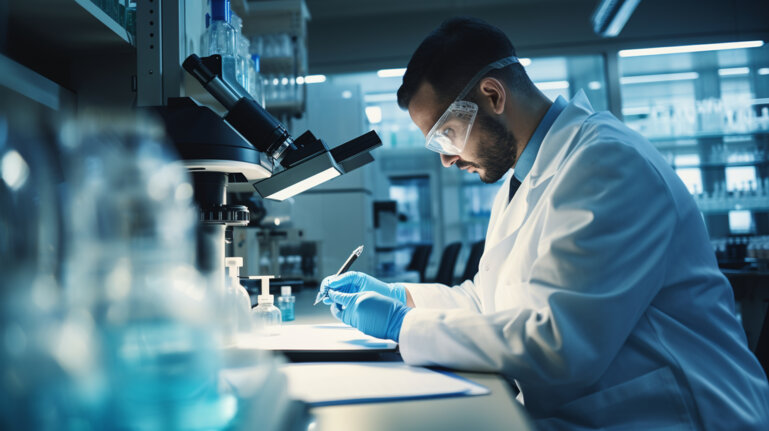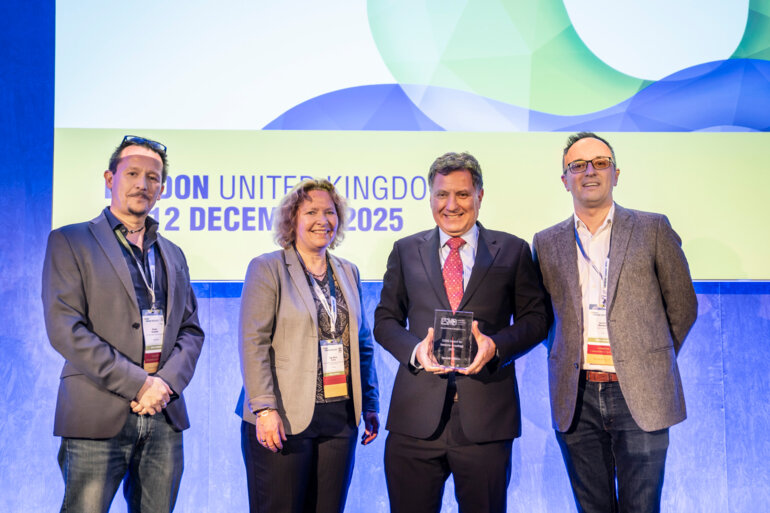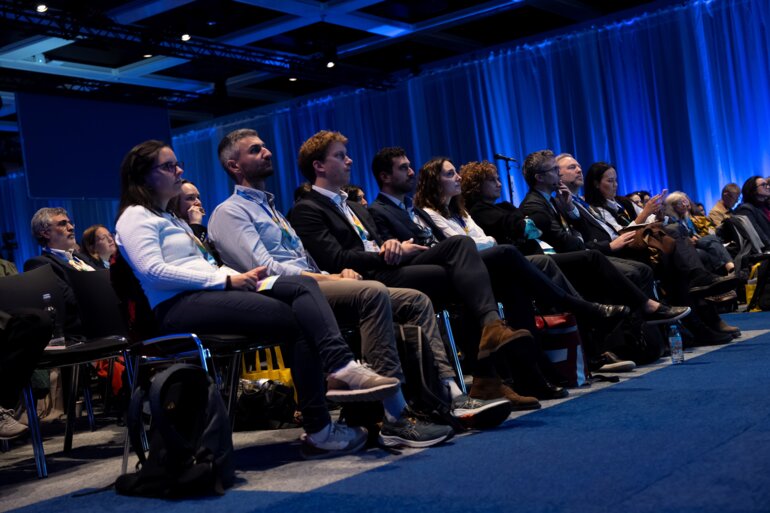A study identifies some altered inflammatory genes and pathways in non-small cell lung cancer that may be potential targets for overcoming acquired immune resistance
Understanding the underlying nature and biology of acquired resistance to PD-(L)1 blockade, which occurs in a consistent proportion of patients with non-small cell lung cancer (NSCLC) initially responding to immunotherapy, is critical to develop tailored strategies to prevent, delay or reverse resistance occurrence. According to a study analysing the molecular landscape of tumours that have acquired resistance to immunotherapy (ARI), chronic upregulation of the interferon (IFN) γ response pathway plays a key role in altered and insufficient response to treatment, thus identifying inflammatory phenotypes as potential novel therapeutic targets.
Investigators examined a large clinical cohort of patients with NSCLC (n=118) treated with PD-1 blockade at the Memorial Sloan Kettering Cancer Center, New York, US, developing ARI. The estimated cumulative of ARI of patients who initially displayed an initial objective response was 61% (95% CI 36%–85%) at 5 years of follow up. A systematic genomic and transcriptomic analysis was performed in a subset of patients (n=29) with available tissue samples, and several isogenically paired murine models of initially sensitive and late relapse derived resistant tumour lines to PD-(L)1 blockade were used to assess mechanisms identified in human samples.
A chronically increased inflammatory response associated to an altered expression of IFNγ-related genes was identified as a route to tumour immune resistance leading to ARI. Some immune-related pathways in tumours with an increase of IFN-stimulated genes were observed including activation of STAT1 and IRF1, signatures of T cell exhaustion, an increase in regulatory T cells and upregulation of FOXP3. Importantly, a longer post-progression overall survival was reported in patients with acquired resistance than those with primary resistance (median 18.9 months vs. 4.4 months), suggesting a persistent – indeed, associated with chronically upregulated IFNγ-related genes - although incomplete immune response, even after the initial onset of acquired resistance.
The publication of these results in Cancer Cell is in parallel with a study that similarly investigated mechanisms of acquired resistance to immunotherapy in lung cancer, showing that genomic changes, decreased TILs and HLA class I expression are driving factors to progress on immune checkpoint inhibitors. “These two studies highlight the heterogeneity of mechanisms underlying acquired resistance that may require tailored therapies. However, the definition of acquired resistance is different in the two studies”, notes Dr Marco Donia, National Center for Cancer Immune Therapy, Department of Oncology, Copenhagen University Hospital, Herlev, Denmark. “While this study included only patients with objective responses followed by disease progression, as per previously published criteria (Ann Oncol. 2021 Dec;32(12):1597-1607), the other study published on the Journal of Clinical Oncology included also patients with stable disease for ≥3 months. Acquired resistance is a difficult-to-study clinical setting: the inefficiency of collecting serial tumor sampling from all patients, knowing at baseline that a small proportion of patients will respond and even fewer will develop it, represents a significant challenge.”






